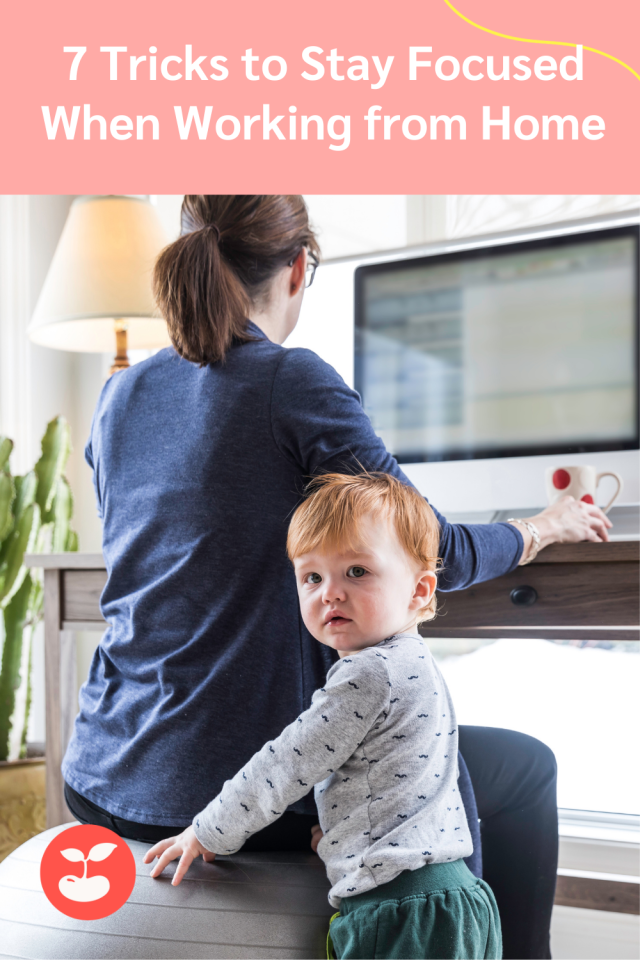
When I think about how I want my kids to see the world, I am usually intimidated at such a heavy and daunting parenting responsibility. But what I do know is that I want to primarily emphasize what we all have in common, and not what makes us different. In a world where everyone needs to be labeled, categorized, and take the “Which Disney character are you” quiz on IG, I want my kids to recognize that, while they are unique in some ways, they might have more in common with a kid half-way across the world than they think.
We live in a country divided, so as a mom, I know it starts with me to set the example, which is not always so simple. It’s easy to fall back on labels and even use them as excuses. I am old, so I can’t use my phone. I am an introvert, so I can’t go to your party. I understand why we all want to classify ourselves as Millennials, Gen Z, etc., but let’s all take a step back and look at each other without that filter. Sure it makes things a little harder and you might have to dig a little deeper, but I think it’s worth it.
There was a year when I lived in Los Angeles while my husband and five-year-old lived in Boston, and I remember searching for ways to soothe my soul while I was away. I would tell myself, and sometimes my son, when we talked on the phone at night, “We are both looking at the same moon every night and when I look up there I think of you and know we are still connected.” Not sure if I blew his mind with my deep thoughts but it did somehow help with the distance and pain of being away from my family. A little cheesy, sure, but I feel like when we fall back on what we have on common, everyone wins.
Just like everyone else, I also see differences on some of my tougher days—I notice how much older I am than most people in the room, how quiet I am, how I always seem to be one step behind everyone else, how little I know about what is cool, or not cool, and how much more I enjoy potato chips than most. But digging in and revealing some of my quirks and personality traits, both good and bad, can be interesting and rewarding.
As I peel away my introvert, Gen X, mom-of-two-boys label and take a little break from rolling my eyes at any sort of emotional expression, I might expose any of the following characteristics to someone, the sum of which does not fit into a tidy label. As mentioned before but worth mentioning again—I love all kinds of potato chips, but hate it when people eat them around me. I will always love a good latte, going to the library on Saturdays and the fact that the librarians know my name (rock star nerd). I don’t understand or pretend to think face tattoos are cool. I daydream about volunteering for Search and Rescue and hate getting up early. When I was younger I never really wanted to be married, or a mother. My favorite time is Sunday mornings when I make endless pancakes for the kids (I have a 15-year-old). I have an amazing older sister (who everyone thinks is younger) who has seen me through my darkest days as well as her own. I am so tired of the word “self-care.” I am very nostalgic about 80’s movies and old horror movies. I fall down…a lot. Snowboarding has brought me my husband, a broken arm and boundless joy. I love a good cheese plate. I let both kids watch Dunkirk, and still question my judgment when my nine-year-old mentions it in conversations. My happiest places are the mountains, and also in bed, in my pajamas, with a great book. I really don’t like most viral videos and museums. I have a fear of small spaces and drowning. I am terrible at geography. Some days I think I could be best friends with Jamie Lee Curtis—we could chat about horror movies and embracing grey hair and wrinkles—and am only slightly obsessed with meeting Trevor Noah—we would talk about his mother, of course. I have a photographic memory. I think anyone who says they love kale is lying. I can be super awkward and somedays just want people to hear what is going on in my head so I don’t have to speak. My nine-year-old is on his iPad so much that I am scared but yet can’t seem to enforce a limit with any consistency. I don’t care what people think of me the majority of the time, and then there are days where I just want everyone to like me.
Go ahead and try it. The minute you step out of that box, you open yourself up to endless possibilities and connections. I am pretty sure all the things I mentioned above are not unique to me. Okay maybe the Jamie Lee Curtis/Trevor Noah thing is a little out there, but relying on stereotypes and labels really won’t get us anywhere. I’ll try to continue finding commonalities to show to my kids, and some days it will be easier than others, but it can simplify things in a way that opens up the world to them. And maybe if that new kid they just met looks different, talks different, or eats different food, they will see past that, and realize we are all just humans.

















